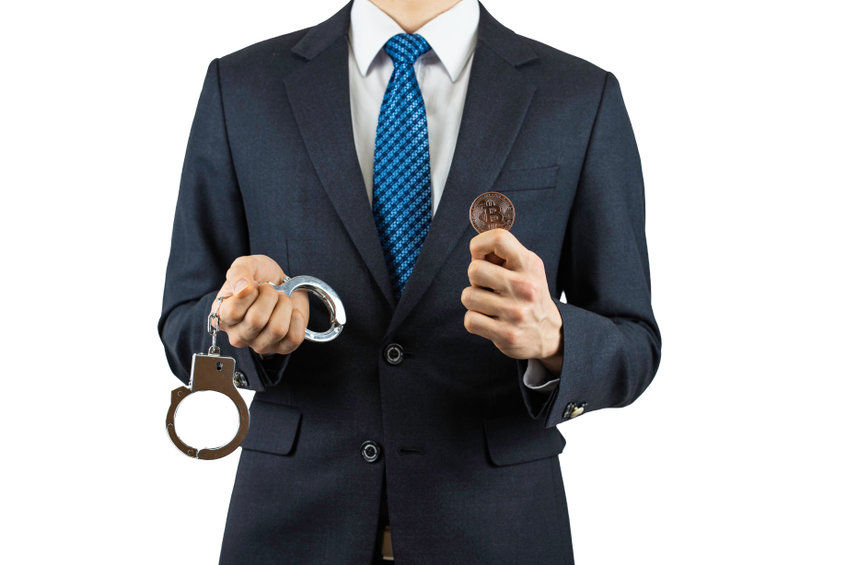The US Government Accountability Office (GAO) is blaming crypto ATMs for a perceived rise in human and drug trafficking, CoinDesk reported. In a study released yesterday, the government agency wrote that crypto kiosks, also called crypto ATMs, were partly responsible for the rise as they are less regulated than crypto exchanges, making transactions harder to trace.
The report states:
As [crypto] market usage expands, FBI officials said they expect to see an increase in the use of virtual currency kiosks for illicit purposes, including for human and drug trafficking.
Cooperation between IRS and FinCEN encouraged
GAO suggested that the IRS and FinCEN (Financial Crimes Enforcement Network) collaborate to regulate kiosks better. The agency considered the challenges in fighting crypto-related crime. In their opinion, the absence of information about crypto ATMs impedes law enforcement’s ability to fight crime.
Inconsistency of findings
The GAO’s findings conflict with data from crypto research firm Chainalysis, according to which crypto-related crime reached an all-time low as a share of all blockchain transactions last year.
Dark web markets harder to detect
According to GAO, the dark web marketplace for drug traffic has become harder to detect and more stable after Silk Road was shut down in 2013 because smaller marketplaces are proliferating. They stated:
When law enforcement shuts down one marketplace, criminals can easily move operations to other established marketplaces.
Crypto is common payment method for human traffic
The report also claims crypto can be used to pay for human trafficking, including sex trafficking and labor trafficking. It says that of more than three dozen major online commercial sex markets, more than half took cryptocurrencies as a form of payment.
Easy to move money across borders
Drug cartels are using virtual currency more and more often because of its efficiency and perceived anonymity to perpetrate money laundering, the report states, drawing attention to the fact that bulk cash smuggling and trade-based money laundering remain the most common methods of money laundering. However, crypto is becoming popular as a way to move money across borders without attracting authorities’ attention.
Impending crackdown on ATMs?
The GAO points out that crypto ATM operators are not required to update FinCEN or any other law enforcement agency about the location of their kiosks. The report adds:
[This] limits federal agencies’ ability to identify kiosks in areas that have been designated as high risk for financial crimes.
Finally, the agency finds that authorities will be able to obtain more reliable information and identify potentially illegal transactions by tightening regulation of these crypto ATMs.












